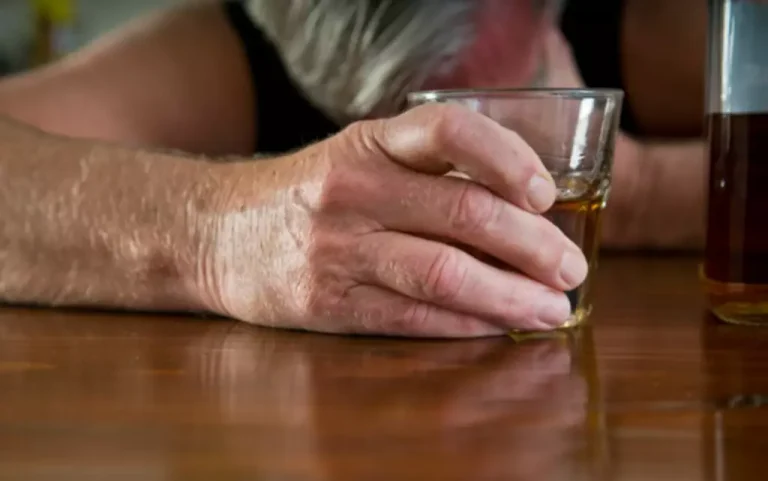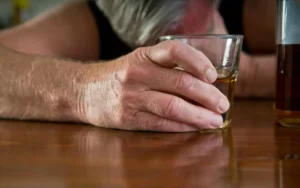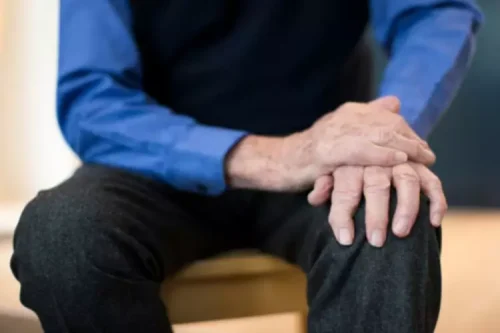
This structure can reduce the likelihood of codependency and promote a balanced dynamic that is crucial for long-term recovery and relational stability. Discover the crucial link between adolescent addiction and mental health – exploring risks, prevention, and integrated treatment approaches. Explore the journey of recovery, from therapies to aftercare programs, and embrace a life beyond addiction. When abusing drugs and alcohol, many individuals lose ties with friends and family. If they were harmed in any way, you may encounter feelings of bitterness.

The Benefits of Journaling During Mental Health Recovery
Your patience and understanding of their needs can further demonstrate your commitment to repairing the relationship. Yoga and movement therapy can reduce stress and improve physical and mental health. Members practice basic yoga poses and stretches to help connect mind and body, fostering relaxation and enhancing mood. This activity helps members recognize and label their emotions, providing a foundation for healthy coping Sober living house strategies. Members discuss ways to handle difficult feelings without relying on substances.
- When repairing relationships in recovery period, look for traits in people that indicate healthy relationships.
- If you need further help or support during the relationship recovery process, consider speaking with an individual, family, or couples therapist.
- Discover its effectiveness and applications for positive treatment outcomes.
- This lack of awareness can sabotage their recovery, causing them to feel increasingly trapped in unhealthy behaviors.
Emotional Boundaries
- Without clear boundaries, it’s easy to be pulled back into old environments, relationships, or behaviors that jeopardize sobriety.
- Being around enabling people, especially in recovery, can lead to a major setback in the recovery process.
- Let Little Creek Recovery Center guide you down the right path to recovery, personal growth, and long-term sobriety.
- This article provides guidance on how to build healthy relationships, tackle dating challenges, and set boundaries post-treatment.
In addition, you can visit The National Coalition Against Domestic Violence (NCADV), a domestic violence prevention advocacy group with a relationships and recovery list of resources for relationship abuse help. Without honest communication, both people can end up feeling misunderstood and mistreated, she adds. Partners of those living with SUD experience their own fair share of relationship challenges. By clearly defining what is and isn’t acceptable in your life, you give yourself the best chance at long-term success, emotional well-being, and a future free from addiction.
Fostering Emotional Growth and Self-Care
Repairing relationships with a spouse is important for the same reasons as rebuilding relationships with family members. Having an adequate support system can ease stress and pressure during recovery. Building and nurturing healthy relationships serves as a foundation for overall well-being, stability, and happiness in recovery. There is a large body of research showing that addiction can have negative impacts on relationships, and I have never met someone in recovery who was unaware that addiction hurts loved ones. Substance abuse and addiction can lead to misunderstandings, poor communication, personality changes, social detachment, emotional numbing, and dishonesty.
The Impact of Peer Support in Substance Abuse Treatment

While recovery brings challenges, it also offers couples the opportunity to form deeper connections and a healthier, more fulfilling relationship. Rebuilding trust is very much a part of the recovery process, especially if a person with substance use disorders violated another person’s trust at some point in the past. Individuals might feel undeserving of the trust and support they once received from their loved ones. The work needed torepair relationships in recoverycan introduce many different feelings, includingsome stressand anxiety. Therapy is crucial in the journey of rebuilding relationships affected by addiction.
- I have never met someone on a solid recovery path who wasn’t engaged with strong social supports.
- Your recovery needs must take priority, even if you need to distance yourself from certain relationships temporarily.
- Organize a group nature walk where members can reconnect with the outdoors, reduce stress, and find peace in a natural setting.
- Engaging with the community through volunteer work can further strengthen recovery.

Engaging in various therapeutic practices can provide individuals and families with essential support and tools. Couples therapy and family therapy create safe spaces for expressing emotions and addressing conflicts, fostering understanding and healing. Addiction not only affects one’s health but also damages relationships with family, friends, and partners. During recovery, rebuilding these connections becomes a pivotal part of the journey towards long-term sobriety.
Individuals must confront the emotional fallout from their actions during active addiction, requiring sincere apologies and acknowledgment of past hurts. Trust-building is a gradual process, where practical efforts need to accompany verbal reassurances for progress. Discover the essential steps to sober living, from acceptance to building a support network.
